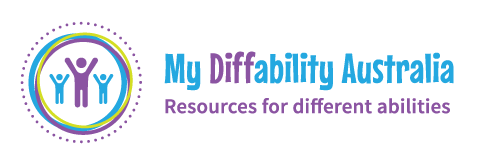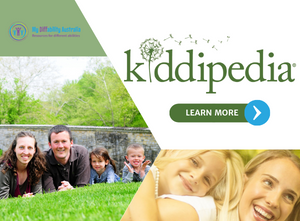Autism Spectrum Disorders are diagnosed by health professionals such as paediatricians, psychiatrists, psychologists and / or other allied health professionals (this will vary depending on where you live) with specialist knowledge and experience in the area.
There isno single test for Autism Spectrum Disorder (autism test). The diagnosing professional(s) will utilise special tests and tools designed to detect autism, however this process involves careful observation of thechild and discussion with carers rather than something simple like a blood test.
Some of the tests and tools that professionals may use as part of the diagnosis process are:
- the Childhood Autism Rating Scale (CARS)
- Autism Diagnostic Observation Schedule (ADOS)
- Autism Diagnostic Interview (ADI)
- Developmental Behaviour Checklist (DBC)
- Modified CHecklist for Autism in Toddlers (M-CHAT)
If you are wondering whether your child has an Autism Spectrum Disorder the following checklist might be helpful (this is not a test for autism).
Children with Autism Spectrum Disorders (often) have difficulties and differences in the areas of:
- Social interactions
- Communication
- Restricted and Repetitive Behaviours
- Sensory Processing
Social interactions
Children with autism might:
- seem unaware of other people
- appear to be in a world of their own
- have difficulty relating to others
- not know how to play or interact with other children, particularly same-aged peers
- not respond when you call their name
- have looking people in the eye / making eye contact
- fail to respond to greetings and other social interactions
Communication
Children with autism might:
- not babble or vocalise like other children
- be nonverbal, or have limited speech
- not be able to follow simple instructions, particularly out of routine / context
- talk ‘at’ rather than ‘to’ you
- use mainly echolalic speech (repeat words or sentences spoken by another person, or perhaps from movies or favourite tv shows)
- have inexplicable tantrums / meltdowns
- speak with an unusual tone of voice / accent
Restricted and Repetitive Behaviours
Children with autism might:
- have trouble with changes in routine, or finishing an activity / starting a new one
- have their own routines that they follow, or behaviours that they engage in over and over again
- move their bodies in unusual ways (such as rocking back and forth / flapping their hands, etc)
- have obsessions with particular objects / toys / topics (for example, they might like to carry or collect things / have a keen interest in dinosaurs, space, trains or another topic)
- play with toys in unusual ways (for example spinning a wheel on a train, or lining up toy cars)
Sensory Processing
Children with autism might:
-be very sensitive to certain noises like vacuum cleaners, hand dryers, lawn mowers, crying, etc
- be fussy / restricted eaters
- be very active or always on the go (for example running, jumping, spinning, climbing, jumping, etc)
- have trouble wearing particular clothing items like shoes or socks
- walk on their tip-toes
- look at objects / peopleside on or out of the corner of their eye
- make noises to themselves like singing, humming, vocalising
- do things to distort their vision like flicking their fingers in front of their eyes, or poking the corner of their eye
- study objects intently / closely
- smell people or non-food objects frequently
No single sign listed above will result in a diagnosis of an Autism Spectrum Disorder, however if you feel that your child displays some of them or if you are worried about their development then it is very important that you seek advice from a medical / health professional as soon as possible.






Leave a comment (all fields required)